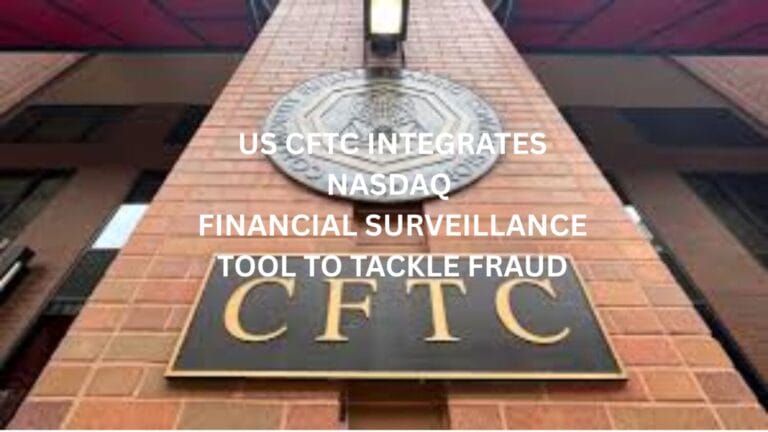Key Takeaways
- Under the new law, exchanges must now keep at least 80% of user crypto deposits in cold storage, separate from their own funds.
- The Financial Supervisory Service (FSS) stated that this is South Korea’s first all-encompassing regulation for the virtual asset sector.
South Korea has rolled out its first comprehensive crypto regulatory framework, the Virtual Asset User Protection Act (VAUPA). This legislation, prompted by the Terra-Luna and FTX collapses in 2022, aims to ensure safety nets for cryptocurrency investors and is now fully operational.
Approved on July 18, 2023, the Virtual Asset User Protection Act introduced a year-long grace period for refining its details. It imposes strict requirements on digital asset exchanges. Service providers must now keep at least 80% of user crypto deposits in cold storage, separate from their own funds. They are also required to secure insurance or set up reserve funds to prepare for potential hacks or liquidity crises.
The Financial Supervisory Service (FSS) stated that this is South Korea’s first all-encompassing regulation for the virtual asset sector. To boost market integrity, exchanges must implement real-time monitoring systems to detect and report illegal trading activities. Failure to comply could result in penalties or suspension by the Financial Services Commission (FSC), which has established a 24-hour surveillance network to oversee operations.
Exchanges are also required to delegate the custody of users’ cash deposits to a licensed local bank and maintain cryptocurrency reserves equal to customer deposits. This ensures that customer assets are protected, even if the exchange faces financial trouble.
Kim Hyoung-joong, president of the Korea Fintech Society, emphasized the potential of this new law to help local blockchain solutions expand globally. However, he noted that the law needs to be expanded beyond its current framework. “Korea has a policy that strictly separates the issuance of virtual assets and the distribution of virtual assets,” Kim said. “The Virtual Asset User Protection Act regulates distribution. However, there is no law yet to regulate the issuance of virtual assets.”
Kim added that regulators need to also focus on promoting the growth of the local crypto industry alongside strong regulation. Lawmakers are currently discussing additional regulations, including those related to token issuers, institutional investment in crypto, and stablecoin regulations.
South Korea has one of the world’s largest cryptocurrency markets. In the first quarter of 2024, the Korean won was the most-used fiat currency for crypto trading, surpassing the U.S. dollar, according to Kaiko data. This highlights the importance of robust regulatory measures to protect investors and maintain market integrity.
On July 17, the FSC detailed steps that VASPs must take to protect users’ crypto. These include securing insurance against hacking, keeping customer assets separate from the exchange’s assets, and ensuring customer deposits are safely kept in banks.
VASPs are also required to maintain due diligence to prevent money laundering and report any suspicious transactions to the regulator. “VASPs should maintain a surveillance system for suspicious transactions at all times and immediately report suspicious trading activities to the Financial Supervisory Service (FSS),” the statement read.
Crypto exchanges in South Korea have expressed concerns that the new rules could lead to the mass delisting of tokens. On July 3, a group of 20 South Korean crypto exchanges began reviewing 1,333 cryptocurrencies over the next six months as part of the new crypto user protection laws. The Digital Asset Exchange Alliance (DAXA) stated that “the possibility of mass delisting occurring all at once is unlikely.”
Meanwhile, South Korea’s ruling party, the People’s Power Party, has proposed delaying the implementation of the country’s tax on crypto trading profits. On July 12, the party submitted a proposal noting that the current sentiment towards crypto assets was deteriorating and that rapidly imposing taxes on virtual assets is “not advisable at this time.”










